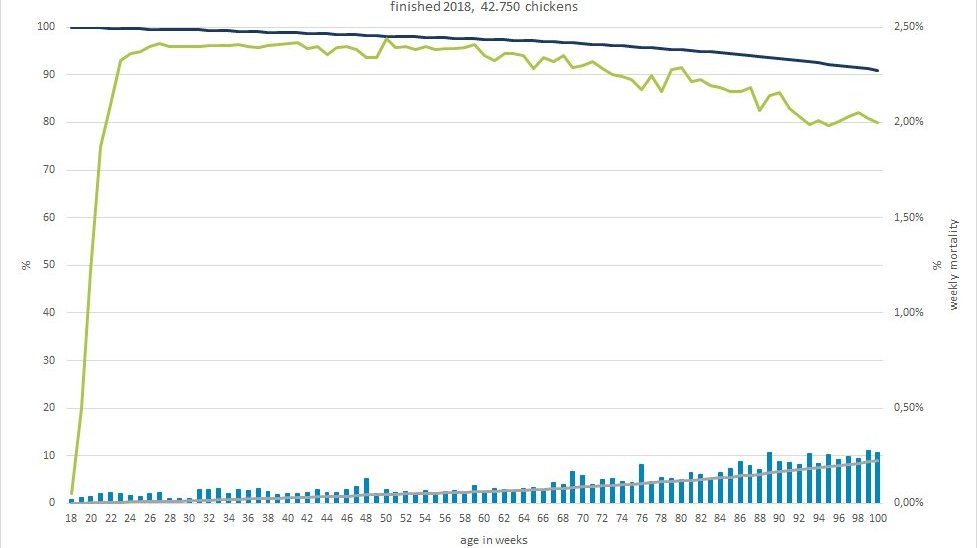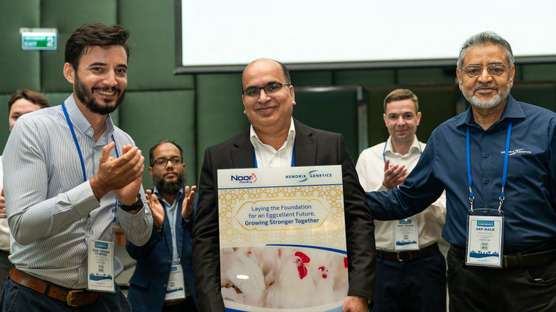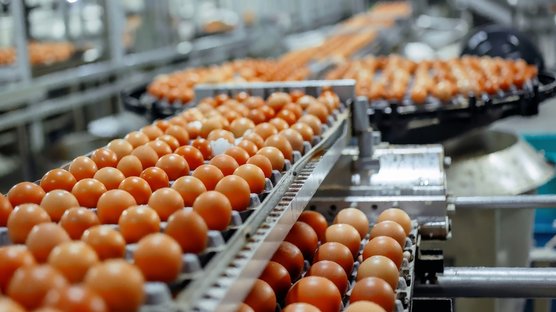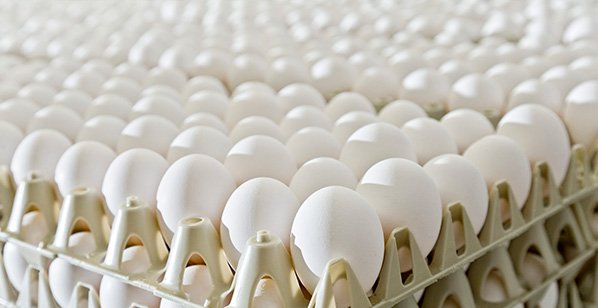
Published on March 21, 2019
Reaching 500 eggs in Brazil!
We are extremely proud to announce that, following the impressive performance of Dekalb White flocks in Europe and Shaver Whites in North America, the Bovans White in South America are now reaching a major milestone: 500 eggs at 100 weeks of age. This remarkable achievement proves that it is already possible to fully unlock the genetic potential of the Hendrix Genetics breeds, known as some of the best chickens for egg production in the world.
Reaching 500 Eggs: Pavão Family Farm Sets New Benchmark in Egg Production
A standout example of this success is the Pavão family farm, located in Abadiânia, Goiás, Brazil. Managed by father Luis Carlos Pavão and his son Luis Fernando Pavão, the family-run operation has built a reputation for consistently high egg production and attention to egg quality. By reaching the 500-eggs in 100 week mark, the Pavãos have not only demonstrated outstanding flock performance but also reaffirmed their strong commitment to sustainable egg production.
This level of performance does not come by chance. It reflects a combination of top-tier animal genetics and excellent farm management practices. From nutrition and biosecurity to daily care and long-term planning, the Pavão family shows exactly how to increase egg production in chickens. Their results highlight the critical role that careful flock management, combined with the best chickens for egg production, can play in optimizing both productivity and sustainability.
With farms like the Pavão’s leading the way, it is clear that reaching 500 eggs is not just a goal—it is a reality for those committed to excellence in sustainable egg production.
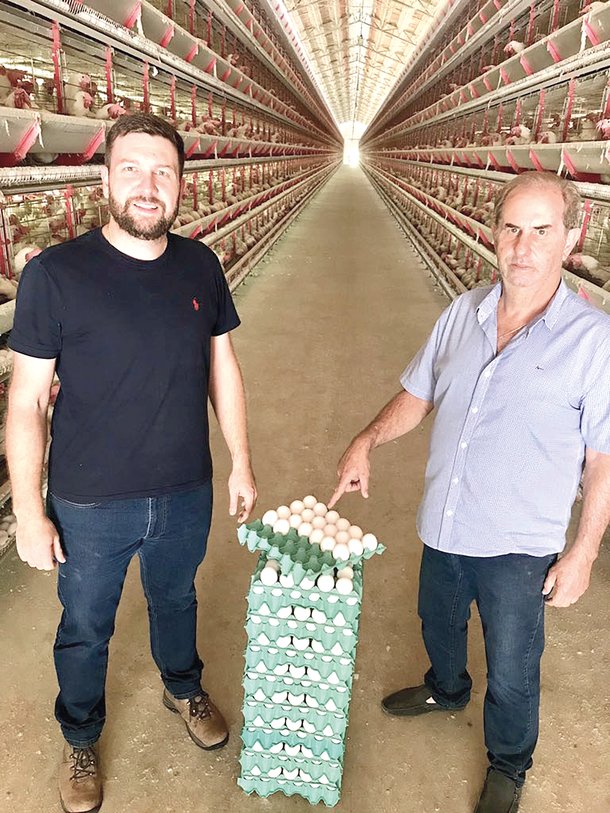
We are very pleased to be the first farm in Brazil to reach 500 eggs per bird during one production cycle. We were extremely happy to see that the eggs kept their shell quality until the end!
